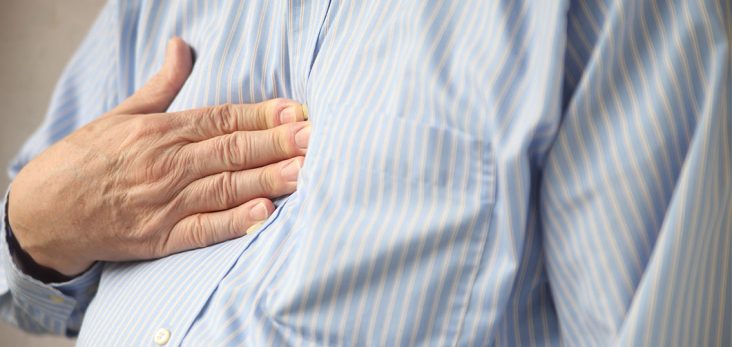Are you also suffering from mild or severe heartburn and regurgitation which interferes with your day to day activities?
Then, you may be a victim of the commonly prevailing condition known as Gastro-esophageal reflux disease, or GERD. This occurs due to reflux of stomach acids from the stomach back into the esophagus due to lax lower esophageal sphincter (LES) located between stomach and esophagus.
Commonly experienced presenting complaints may include burning sensation in throat /Chest (Heart burn), nausea, vomiting, regurgitation, difficulty in swallowing, chronic cough with or without wheezing.
Some patients with mild GERD could be treated with life style modifications such as change of dietary pattern, usage of over the counter anta-acids when necessary, losing weight, quit smoking and alcohol, and practicing proper sleeping patterns whereas some may require medications like anta-acids which will neutralize acids, flowing back to the esophagus.
However, patients who are not responding to both these ways of treatment will require surgical interventions. The latest and the most preferred surgical therapy for GERD includes Fundoplication Surgery, which can be done either as an open procedure or laparoscopically.
As far as the technique of fundoplication is concerned, the patient will be made unconscious and pain free by administering general anesthesia. The upper curvature of the stomach also known as fundus is sutured as a wrapping around the esophagus, allowing the lower portion of the esophagus exit through a tiny canal formed by the stomach muscle.
This method will help to tighten the lower esophageal sphincter, and there by stop the back flow of stomach acids. The already damaged, or inflamed esophageal lining will heal eventually and the symptoms will improve over time.
If the patient undergoes an open surgery which generally needs a larger incision, he will be advised to stay in the hospital for a few days and can return back to routine work within 4-6 weeks whereas in the case of laparoscopic fundoplication surgery, he will be discharged within 2-3 days and can get back to day to day work within 2-3 weeks.
Most of the patients who undergo fundoplication surgery will recover completely over time while some may rarely develop a recurrence with new symptoms like bloated feeling in the stomach, flatulence and renewed heart burn which may require further medication or even another surgery. Other possible complications are a difficulty in swallowing if the stomach is wrapped too high or too tightly on the esophagus during the procedure or develop general complications of anesthesia.
However, GERD is a condition which can reduce the quality of one’s life in a long term basis due to its irritating and painful nature and therefore it is worth trying to undergo a fundoplication surgery, in case where life style modifications and medical interventions fail.







